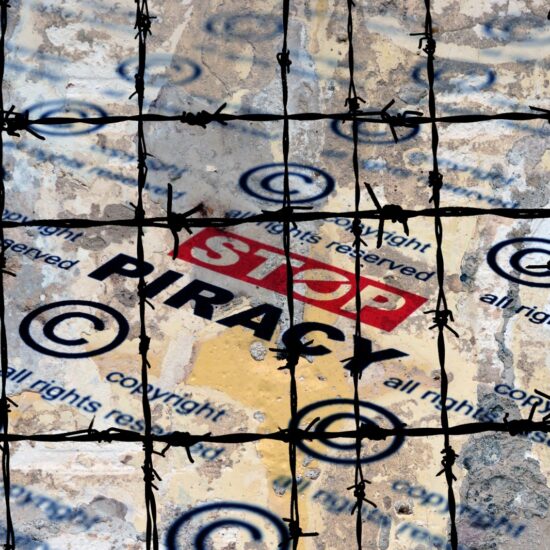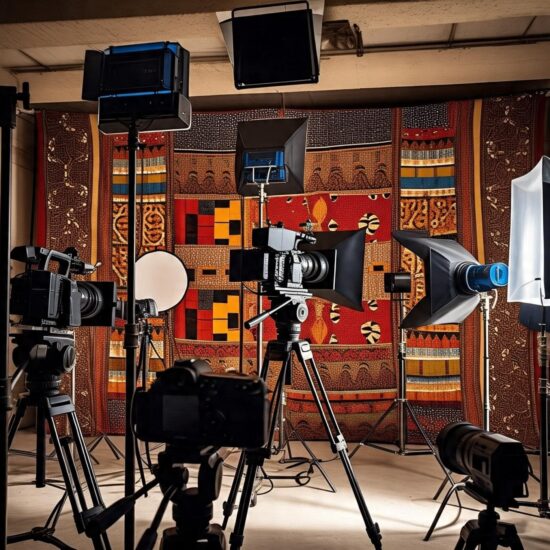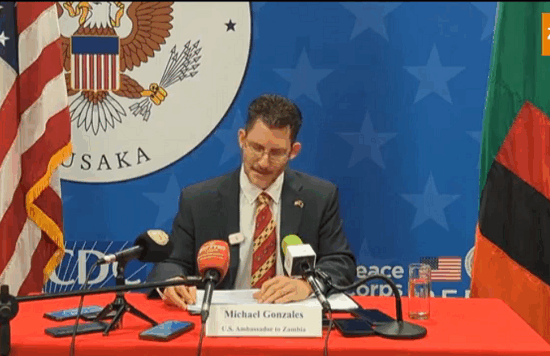The Zambia medicines regulatory authority (ZAMRA) has admitted that the authority has no capacity to regulate traditional herbal remedies at the moment because they cannot be proven scientifically.
According to the national center for biotechnology information the use of herbal medicinal products and supplements has increased tremendously over the past three decades with not less than 80% of people worldwide relying on them for some part of primary healthcare. Although therapies involving these agents have shown promising potential with the efficacy of a good number of herbal products clearly established, many of them remain untested and their use are either poorly monitored or not even monitored at all. The consequence of this is an inadequate knowledge of their mode of action, potential adverse reactions, contraindications, and interactions with existing orthodox pharmaceuticals and functional foods to promote both safe and rational use of these agents.
Since safety continues to be a major issue with the use of herbal remedies, it becomes imperative, therefore, that relevant regulatory authorities put in place appropriate measures to protect public health by ensuring that all herbal medicines are safe and of suitable quality.
Sneaking in an exclusive interview with the Zambian business times – ZBT, ZAMRA public relations officer Ludovic Mwape explained that ZAMRA is a scientific institution that regulates medicinal products or allied substances such as cosmetics.
Mwape noted that the selling of unauthorized products is posing a danger to members of the public and therefore advised members of the public to look out for unregistered products.
“Traditional herbal products, we don’t have the capacity to regulate them at the moment because they cannot be proven scientifically. We are a scientific institution, we don’t regulate oils or chemicals, mostly what we regulate are medicinal products or allied substances such as cosmetics. If the product is medicinal then it falls within our mandate to regulate it but if it’s not medicinal, it’s not in our mandate to regulate it,” he said.
“So when you label a product and you claim that it can cure certain diseases, we need to prove it scientifically through our evaluation and our analysis. And also we’ve got guidelines on labelling, manufacturing of products because we need to inspect your facility and so on. Mostly what we are seeing are products that are not authorized being sold. We don’t even know where they are manufacturing them from. So that is posing a danger in terms of use of those products by the members of the public. So we advise members of the public to look out for unregistered products,’’ said mwape.
Mwape said ZAMRA has a challenge in regulating traditional herbal medicines but the authority has been working closely with the traditional healer’s association to give guidance on traditional herbal medicines.
He advised people to make informed decisions on traditional herbal medicines adding that regulating such products is beyond the authority’s regulatory mandate.
Mwape also revealed that the authority has developed guidelines on certain cosmetics such as skin lightening creams which will be implemented soon.
“We have to work closely with the traditional healer’s association. At the moment there is no law. I understand there is a bill which will be in effect to control traditional healers and the products that fall under them. On the traditional ones that is where there is a bit of a challenge. We need to work together and we have been working closely with the traditional healer’s association to give guidance in terms of products that affect the people but we usually come in to advise when it comes to advertising. For products which we can’t prove, it goes on to the conscience of the consumers. It’s up to people to make an informed decision because that is beyond our regulatory mandate because that is now spiritual, it’s not medicinal. So spiritualism cannot be regulated unless with the traditional healers,” he said.
“Maybe we can come in the form of sensitization by making people aware and they should be careful. People should be given a choice to choose whether they want to go in the spiritual route or to the scientific route. We have also developed guidelines and soon, we are implementing those guidelines on controlling certain cosmetics. So there will be certain cosmetics that will be removed from the market because we want a certain percentage of ingredients,’’ said mwape.







